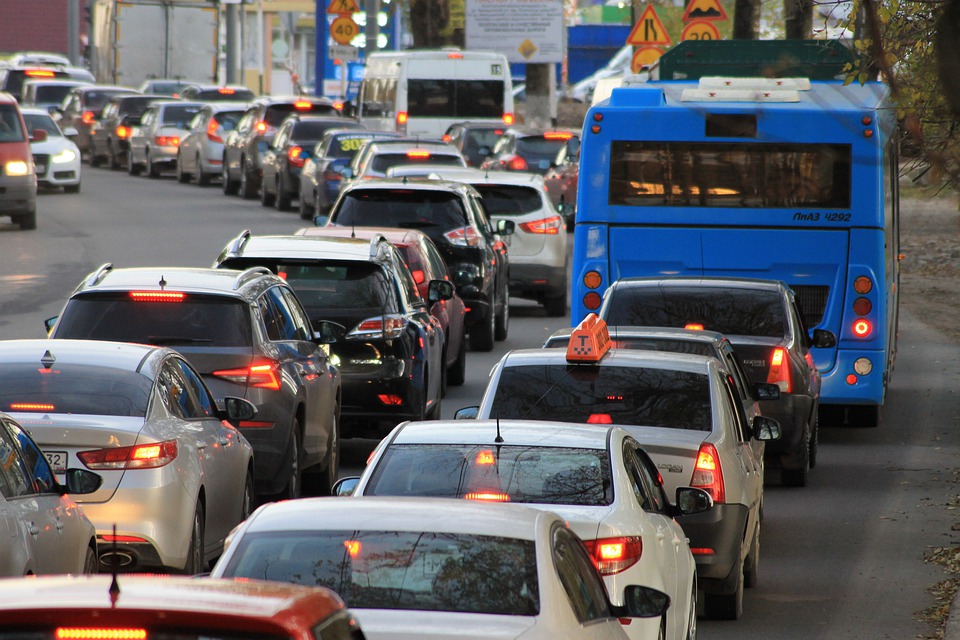New research shows that the time spent commuting has increased in the Netherlands since the year 1995. This trend has also seen the rise of more and more people working at home, reports NOS.
The research on commuting in the Netherlands was done by the Netherlands Environmental Assessment Agency (PBL), with their focus being for the years between 1995 and 2016. The average distance for commuting has increased, from 15 kilometres in 1995 to 19 kilometres in 2016.
Not only has the commuting distances in the Netherlands increased, but the number of people commuting has also increased as well. In 1995, a quarter of people commuted to work, while now, in 2016, over a third do.
Commuting in the Netherlands: What causes the higher commutes?
There are several factors at play that determine the increase in commuting in the Netherlands. According to Jan Ritsema van Eck, a researcher at the PBL, more people own a car, allowing them to travel further. Furthermore, in dual-income households, at least one of the members might choose a job that is further away.
Another factor is the ability of people to work from home, making it simpler for individuals to accept a job that is far away. The housing market crisis also makes people have to pick a job that might not be in their city, as they cannot afford to move closer to their respective jobs.
Another finding of the research is that highly-educated people, as well as those in full-time employment, tend to commute longer distances than those with a low level of education.
Benefits and disadvantages to the increase in commute
Ritsema van Eck argues that there are economic benefits to the longer commutes, as people have a bigger variety of jobs to pick from and are not as impeded from working in a different city, given the increase in work at home positions. According to him, one of the disadvantages is that the roads are busier.
That is clearly not the only disadvantage, as busier roads mean an increase in CO2 emissions. Not only are the roads busier, but trains have become increasingly busy as well. A work psychologist named Floris van Emmerik says that the increase in commutes can affect people’s mental health, as individuals feel they do not have as much control over their lives.
Companies are therefore implementing more work at home possibilities, such as VodafoneZiggo, which stated that they allow their employees to work from home anytime they wish so, as long as they schedule it beforehand.
Should commuting times be reduced, or should work at home become more widespread? How do you feel about commuting in the Netherlands? Let us know in the comments.
Feature Image: al-grishin/Pixabay



